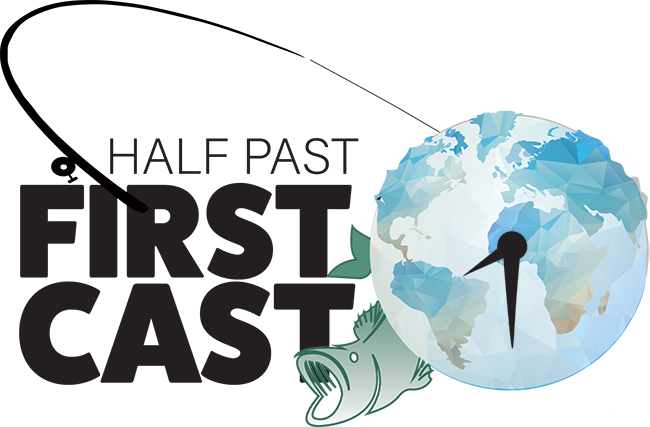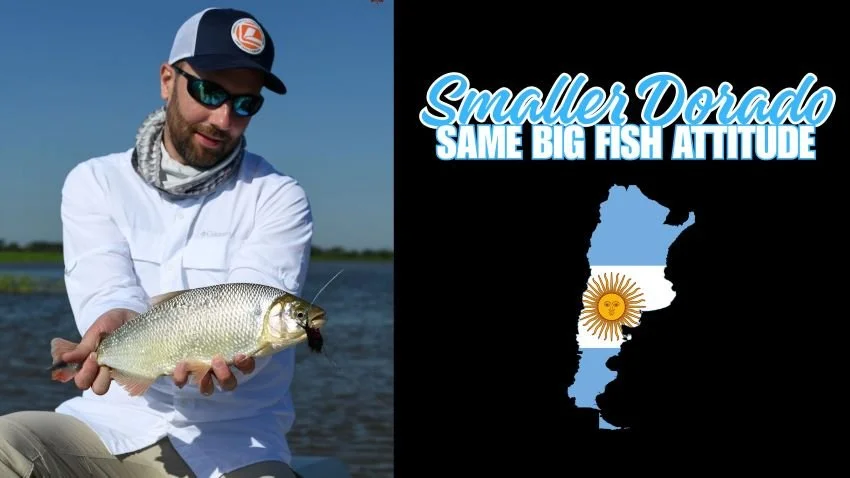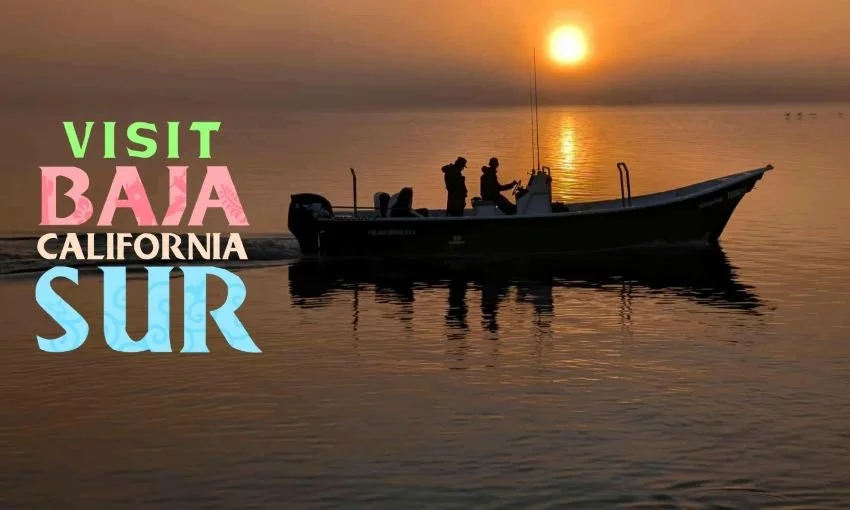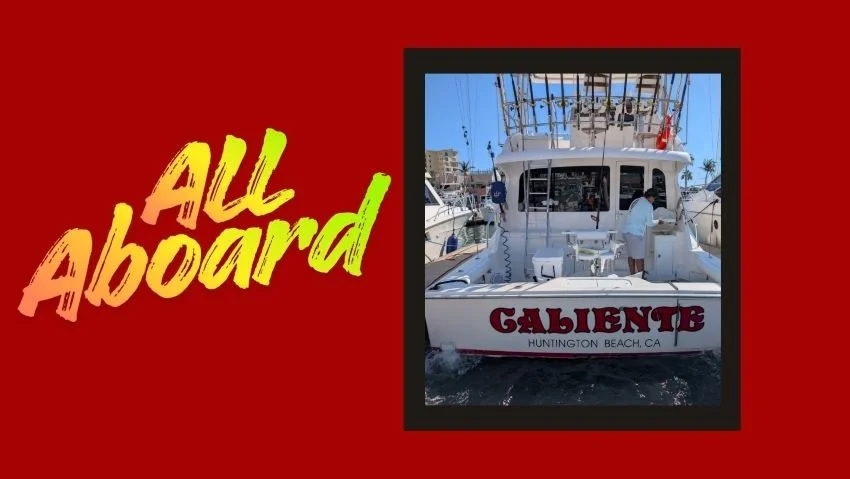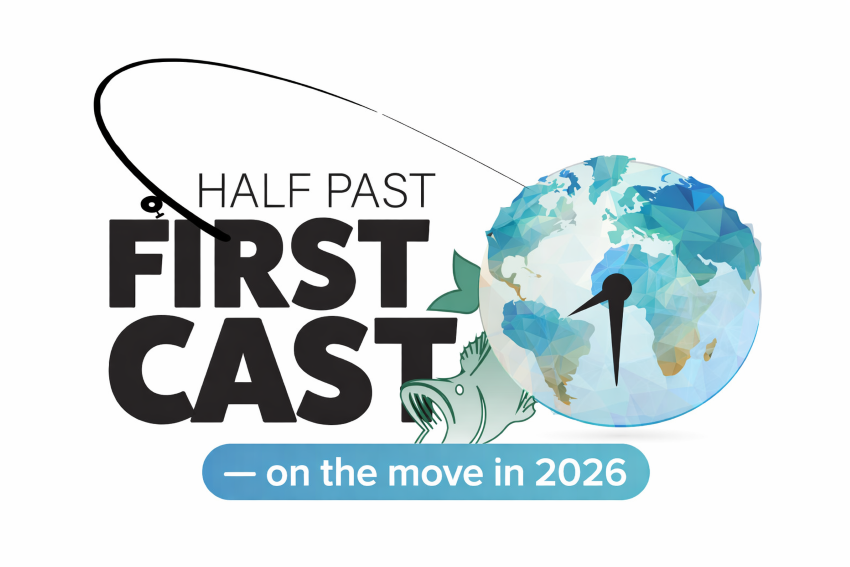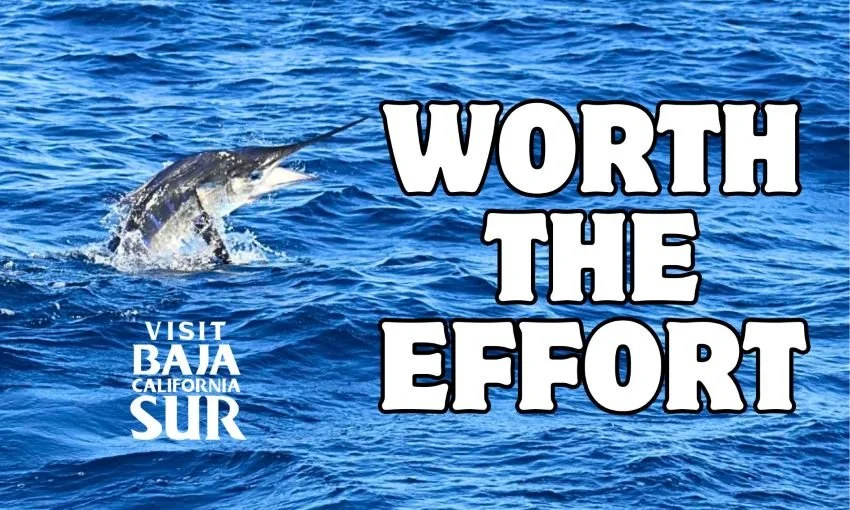How (and how much) to tip your fishing guide
Even after many years of traveling to fish, the whole process of tipping my fishing guide still makes me nervous. Like most of you, I don’t want to be known as a cheap sonofabitch, especially since I intend to return to many locations.
Even if I don’t intend to make repeat visits, a sense of fundamental fairness leads to believe that tipping generously is the right process. No one ever made the world a worse place by tipping too much. Remember, many guides or mates work partially or entirely for tips, so your generosity or stinginess may directly impact their ability to pay their bills. Even in the case of a sole proprietor – let’s say a bass guide who charges $500 a day – don’t assume the fee is pure profit. After they pay for boat gas, vehicle gas, insurance, tackle, ramp fees, repairs, and possibly even referral fees, their margins can be wafer-thin.
Is that fair? Shouldn’t tipping only be for exceptional service? Perhaps in a perfect world that would be so, but at this point the procedure is effectively not baked into the “official” price, so some sort of tip makes sense. The question is, “How much?” I know of one frequent visitor to Mexico who gave his longtime guide a new pickup. I can’t afford to be that guy, but I can afford to do the right thing. It’s not always so easy to figure that out. On only one occasion have I left nothing as a tip, when the guide’s behavior was inappropriate bordering on offensive, and he truly did not make an effort to put us on fish. Beyond that, though, there’s lots of guesswork involved. On more than one occasion I’ve gone home thinking I went way too high or way too low, with no idea whether I was anywhere inside the ballpark.
The problem is, you really can’t ask the guides themselves while you’re in the boat. It puts them in an uncomfortable and untenable position.
Here are some thoughts, in no particular order:
If you can afford the trip, you can afford the tip
“Hey, I stretched my budget just to get here,” is not a good excuse for leaving a subpar tip or none at all. Again, in the interest of fairness, if you’re spending $500 on a day of fishing, or two to five grand (or more) for something more exotic, another 20 percent shouldn’t kill you. If that extra sets you on the path to bankruptcy, you shouldn’t be there in the first place.
Don’t base the tip on the number or size of the fish
On any guided trip, it’s imperative that you set your expectations out ahead of time. If you’re looking for numbers or you’re looking for one true trophy, they should know that, so they don’t disappoint you with a day searching for something that would satisfy most other clients but not you. At the same time, if you’ve fished at all, you know that our quarry is unpredictable even under the most favorable circumstances. Effort should be evident, even if it doesn’t result in your dream capture or day on the water.
Bonuses are never bad – unless it’s a stick and carrot game
Some anglers I know set up a “reward system” with their Mexican guides – e.g., $50 for each bass over 8 lbs., and $100 for each one over 10. They think it gets them better service. Based on my numerous trips to Mexico, I can see that the guides work their asses off no matter who the client is, and that this sort of system just adds stress. By all means, give them spot bonuses for a job well done or a big fish landed, or for helping your child improve his or her casting, but I think that setting a tiered-payment system creates more of an employer-employee relationship than one in which you’re both working for a common goal.
Tips should be per guide or per mate or per room, not per client
If you and a friend normally expect to tip a bass guide $100 a day for a good day on the water, just because you go alone the next time doesn’t mean you should knock that amount down to $50. Your guide has to work just as hard, spend just as much on gas and insurance and other costs. Pony up for the full amount, or if the overall guide fee is reduced at least keep the percentage the same.
Give the money directly to the guide when you can
I don’t think I’ve been around any unscrupulous outfitters who skim off the top, but I’m sure some exist. If you give them the tip money, it may never make it to the guides despite your best intentions. Better to hand it directly to the workers – and if there are two mates or multiple people involved in the operation, hand it to them together, not to one of the group out of sight of the other. Again, I’m not disparaging anyone in particular, but this makes sure there are no shenanigans. One great scenario I saw was on a trip to Brazil years ago, when we rotated guides on each of six fishing days. At the end we pooled our tips and divided them equally among the guides, with distribution at our final night’s dinner, accompanied by a round of applause for all of them.
Cash is king
Hand the recipient of your tips good, cold cash. They shouldn’t have to take a hit on it in the form of a credit card fee, or have to go the bank on a rare day off to deposit a check, and an IOU is certainly out of the question. Do some of them “forget” to declare these cash tips as income on their taxes? Maybe, but that’s not your problem. You should make things as easy as possible.
Correct currency counts
If you’re in a foreign country, make sure that you have a sufficient amount of the proper currency for tips. In many cases, US dollars are preferable – for example, when we were in Zimbabwe in 2016, there was such insane hyperinflation that the local currency had been rendered effectively worthless and they wanted our dollars. Still, be sure to check in advance, as in some more remote locales they may not be able to convert dollars to anything they can use. Also note that in some countries they may have trouble cashing/depositing torn or otherwise damaged bills, so make sure your American currency is crisp and clean.
Money, not stuff
Particularly in third world countries, I see and hear a lot of anglers giving their guides tackle and clothing. If this is in addition to a fair tip, I generally have no problem with it (although some outfitters disfavor it because they feel that it creates certain perverse incentives), but if it is in lieu of a fair tip, I think it’s horrible. The guides cannot feed their kids, pay their rent, or get medical care with a cool crankbait or a stylish hat. Remember, cash is king (see above). Then again, if you have a killer lure or fly they’ve never seen before, it’s a nice additional gesture to cut it off and leave it with them after a good day.
Coordinate with your group
If you’re with a large group of people, coordinate how much you plan to tip, and when. That doesn’t mean that you all have to give exactly the same amount, but it’ll work to keep you in the range of reasonableness. Even if it’s just two of you, it pays to discuss things at the appropriate time. Last year a friend and I enjoyed a guided day on the water where our guide went over and above the call of duty, which world-class results to show for it. As we prepared to depart, my partner told me that he planned to give a sizeable tip, more than I normally would have considered. I appreciated him giving me the advance warning, which gave me a chance to make an informed decision of my own. He wasn’t looking to make me look or feel bad – he was really thrilled with the effort and wanted to show it. Even though he has substantially more wealth than I do, his generosity made me feel generous as well, and I elected to match his figure.
Timing is tough
If you’re going to be fishing with a guide or with a crew for multiple days, it’s not always obvious whether you should tip them each day or at the end of the trip. My solution, and I don’t know whether this is the correct one, differentiates based on past experience. If I’ve fished with them many times before, and they know I’m not going to stiff them, I usually wait until the end. If I’ve never fished with them before, I tend to tip every day so they’ll know they won’t get screwed at the end.
Determining the Number
This is the hardest part of the whole deal – and probably the question you wanted answered most of all -- HOW MUCH do you tip?
Unfortunately, there’s no hard and fast rule. In some places the expectation is a set dollar amount. In other places, it’s a percentage of the overall guide fee. One guide we fish with sends out a detailed pre-trip email with not only lodging and licensing information, but also an FAQ that includes “How much should I tip?” He acknowledges the difficulty of answering the question, lays out some of his expenses and makes clear that “it is ALWAYS the CLIENT’S decision how much to tip us at the end of the trip.” Then he lays out how many trips he took the prior year, how many tipped him, and the amount of the average tip. He also acknowledges that “I have been at this a long time and am very lucky to fish with a lot of clients who have become dear friends and tip generously, therefore I realize these numbers are definitely on the higher side.”
If only they all could be that forthcoming. It doesn’t necessarily make the decision easier, but at least it puts all of the information at your fingertips. If you don’t have that sort of guideline, and you can’t get any information from the guide himself, there are other ways of doing so. If they work for an outfitter or lodge, contact the lodge directly and ask about averages and expectations. If they’re a sole proprietor, Google “Bitterroot River guide tip” or “musky guide tip” or “Florida peacock bass guide tip” and see if that gives you any info. If not, go to TripAdvisor or Facebook or Yelp and see if you can find reviews of the guide there to give you some indication. If there’s no info about tipping, then contact a range of that guide’s past clients through those websites to get their thoughts. Don’t choose the reviews that sound like they have an ax to grind, or the ones that sound like they came from the guide’s grandmother, but with a few representative samples you should at least have a general guideline. If that doesn’t prove possible, call a tackle shop in the area and get their views. It’ll only take a minute, and might save you a lot of embarrassment.
TripAdvisor, Facebook and Yelp reviews help, but they don’t pay
If your guide gives you good service (or frankly, even if they don’t) go onto an online forum and provide feedback in the most objective way possible to let potential clients know what to expect. This is a service to your guide and to your fellow angler, but don’t hold it out as an incentive to your guide – as in “I’m going to write you a good review….” or “I’m going to destroy you….” instead of tipping. That’s not fair, and as noted above a good review doesn’t pay the bills.
Don’t forget other workers
You may be convinced that you’ve treated your guide right, and I hope that you have, but don’t forget about the other people who make a guided trip or a trip to a lodge enjoyable – that may include van drivers, housekeepers, bartenders and other people who don’t have the glory of putting you on big fish, but nevertheless contribute to making your trip great. Right now, times may be tough for a lot of them, and every little bit helps, but even when clients and visitors are flush with cash, no one is getting rich in those service professions. What seems like a small gesture to you, when combined with the same from your fellow guests, can make a huge difference in their lives.
